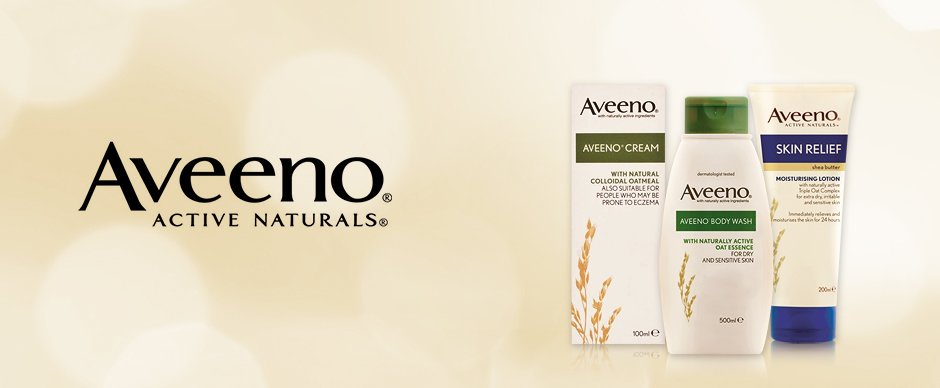
Common Causes of Dry Skin
Central Heating & Dry Skin
This can particularly be a problem during winter, when central heating is turned up high, drawing moisture out of your skin. The best way to keep your skin supple is to apply moisturisers, while the skin is still slightly damp. This way, moisture is locked in.
Long, hot showers or baths
If your skin is exposed to water for long periods of time ? especially hot water ? you can wash away the natural oils that protect your skin. If you get out of the shower or bath and your skin feels tight, it has been dried out. To avoid this problem, choose showers over baths and reduce showers to a few minutes, substituting hot water for lukewarm temperatures instead.
Soap & Dry Skin
Often, people suffer from dry skin because of their soap, which can strip away natural protective oils from the skin. We tend to use soap too much ? the only skin that should need cleansing is on the face, hands, feet, groin and underarms; the rest of the body can usually be rinsed with water.
Itchy clothing & Dry Skin
If you find wearing certain materials makes your skin itchy, you should avoid wearing them. Skin can be sensitive to irritants and increasing the itchiness of your skin can dry it out.
Detergents & Dry Skin
It is possible to be allergic to certain types of washing powder ? detergents are a frequent cause of irritant dermatitis. If this is the case, you may need to change the detergent you wash your clothes in.
Drugs, Medicines & Dry Skin
Some medicines can dry out your skin, including medicines for high blood pressure such as diuretics, allergies, such as antihistamines, acne and other skin conditions such as retinoids. If you notice your skin becomes dry after you start taking medication, you should inform your doctor.
Unsuitable Moisturiser & Dry Skin
You may have dry skin if you are not using the right moisturiser for your skin type. If your skin is dry you need to use a moisturiser which is especially formulated for this skin type, A good test to find out if a moisturiser is suitable is to put a small amount of it in your palm and then turn your hand over. If the cream does not run off, it is appropriate to use on dry skin.
Old Age & Dry Skin
As we get older our hormone levels change, especially in women, which affects the dryness of our skin. These physiological changes can cause skin conditions such as eczema or psoriasis, which need medical treatment. A good moisturiser used correctly, can often help improve the skin's appearance and feel.
Early age & Dry Skin
Baby's skin is very sensitive. You should avoid using creams with strong fragrances, as these are often too harsh for babies' skin. When they are first born, some babies have very dry flaky skin, while others can be very prone to eczema.
Medical conditions & Dry Skin
Dry skin can be caused by external factors, but it can also be caused by some underlying physiological change or illness. For example, diabetes can lead to dehydration because of the fluctuations in glucose levels, which results in dried out skin. Diabetics need to keep their skin healthy, as their condition slows down the healing process and increases the risk of infections.
Another medical condition, hypothyroidism, can cause the skin to become dry because the thyroid hormone can reduce the amount of oil produced by the skin. Hypothyroidism is usually accompanied by other symptoms, such as fatigue and weight gain.
People with eating disorders can suffer with dry skin as a result of not receiving the nutrients they require.
Hereditary Dry Skin
Some people may be genetically more prone to dry skin. There are also skin diseases which are hereditary, such as Ichthyosis. This is a relatively rare disease that causes the skin to continually scale.
Wrong skincare routine:
Applying moisturiser to dry skin is not likely to help the skin. It is best to use moisturisers when the skin is damp, as this traps the moisture still on your skin. Before use, you should make sure your skin is not soaking wet but patted dry with a towel. After you have placed moisturiser on your skin, leave it to soak in for a few minutes and towel off any excess.

